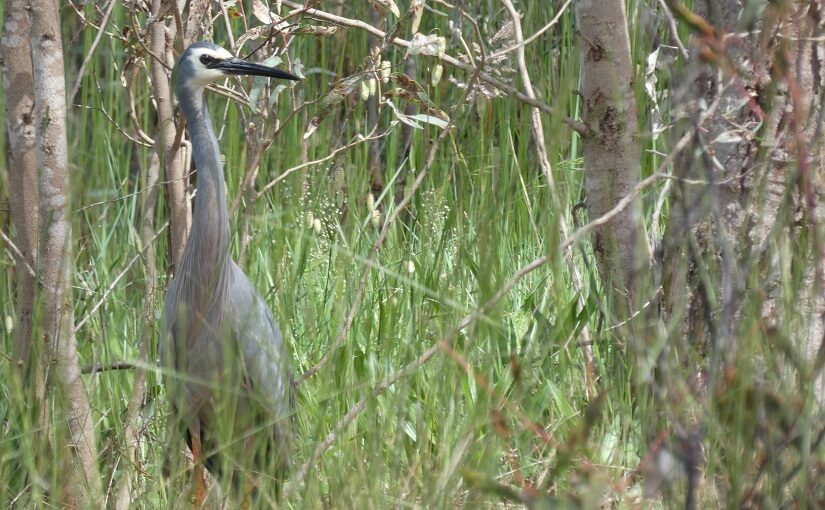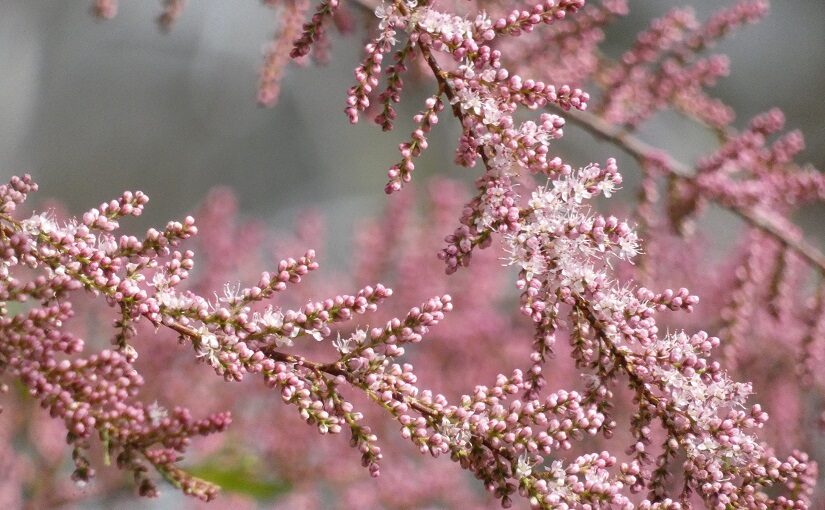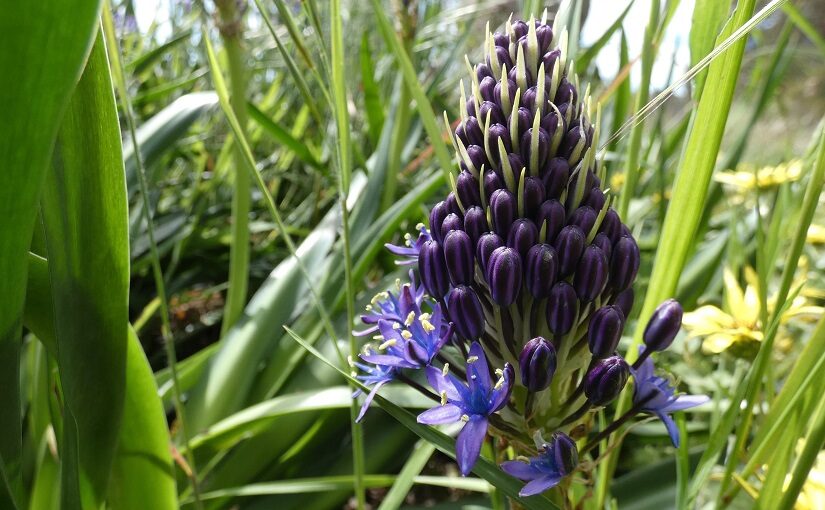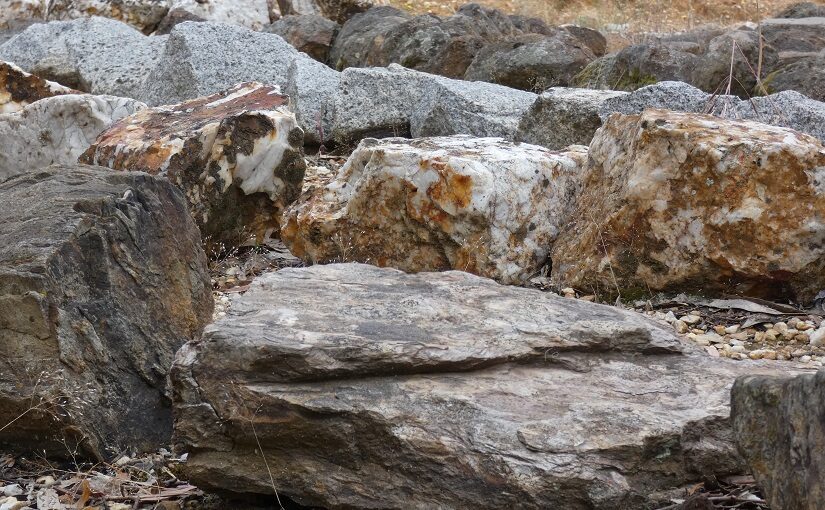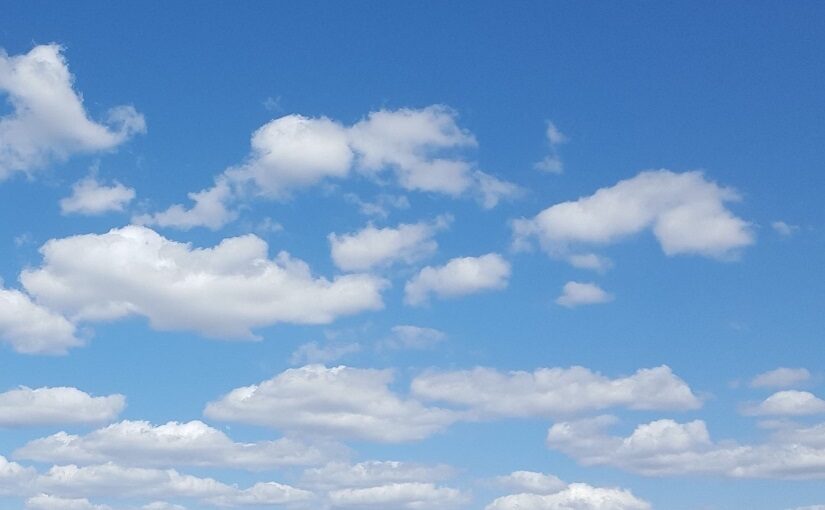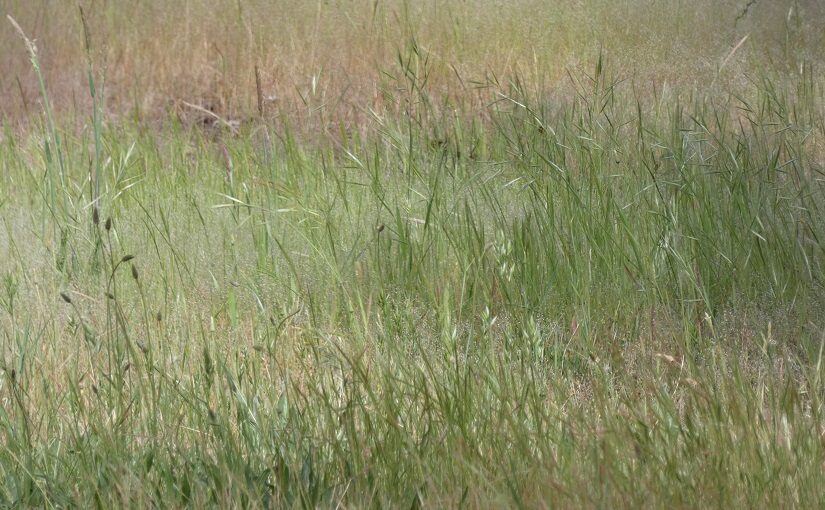Troubling as it might be, is it that we, in the West, must simply decide for ourselves? Look out at the world and, based on our understanding and sense of how much each thing matters, choose what we’ll buy into, do, say, think or believe. As if, somehow, this whole “project” was untangling all that might compel or coerce us, leaving us free to make up our own minds about what life will be.
It’s a beautiful notion, in many ways: that people might be worthy of such trust in their ability to grasp complex realities in thought then chart courses that’ll lead only in good directions (Notes One). It’s placing great faith in the institutions that guide us: those charged with preparing people for this quite staggering level of responsibility with all the consequences it entails.
Sometimes, though, it just seems a clamour of everyone talking at once, trying to win you over to their way of thinking. As if, in the middle of all this freedom, thousands on soapboxes are beckoning, threatening or berating us to accept their conclusions and follow whatever paths they’re proposing.
Between commercial, cultural or state actors and whoever else might have an opinion, how are we to filter through all we’re hearing? All those feeling it’s worth appealing to our psychological weaknesses or interests for the sake of whatever choice they might induce us to make. As if our freedom is simply this free-for-all with the future – profit or power – up for grabs. (Notes Two)
Whose understanding of “life” is so thorough they can confidently ignore all that needs to be ignored? Otherwise, aren’t we destined to listen to all this? Pay attention to this whole increasingly bizarre conversation in the hope of understanding what’s going on and where we should stand in response to it all. What kind of mental, emotional, physical or social burden is that?
The idea of maintaining a clear yet flexible grasp on reality – what life is, all that’s essential, the complex nature of human beings and their environments – sometimes seems unfathomably challenging. As if we’re each standing in front of it all, encased within our own personal concerns, trying to find our way and emerge with our values, soul and ideals somehow intact. (Notes Three)
How are we to navigate through all that’s thrown at us? All the stupidity, fear, anger or sadness. The convoluted, pressured explanations of modern situations. The social or intellectual weaponry that’s so often wielded within the deeply important battles for the future of this idealistic way of life. (Notes Four)
Don’t we, somehow, need to find the boundary to healthy ways of thinking? The place at the edge of ourselves where we can compassionately respond with good ideas for how to act. Thought might well incapacitate us if we’re not reaching the point where decisions arise from our reflections.
How are we to hold to all our values represent – act well, relate wisely to others – in the midst of this strange battle?
Notes and References:
Note 1: Thought, knowledge & coherent vision
Note 1: Being trusted to use our discernment…
Note 1: Responsibility for the bigger picture
Note 1: Gaining clarity on the choices before us
Note 2: Do markets create strange social forces?
Note 2: Appealing to human nature or the human spirit
Note 2: The battlegrounds of our minds
Note 3: Do we live in different worlds?
Note 3: All that we carry around with us
Note 3: Tuning out the static
Note 3: Bringing things into awareness
Note 4: World, heading for a breakdown?
Note 4: Words & relating as paths to change
Note 4: Nothing short of everything

